After missing volunteers, incorrect ballots, precincts with varying hours, and very long lines plagued Election Day in Chesterfield County, Virginia, one elections board member said the instances were tantamount to the “old Soviet Union.”
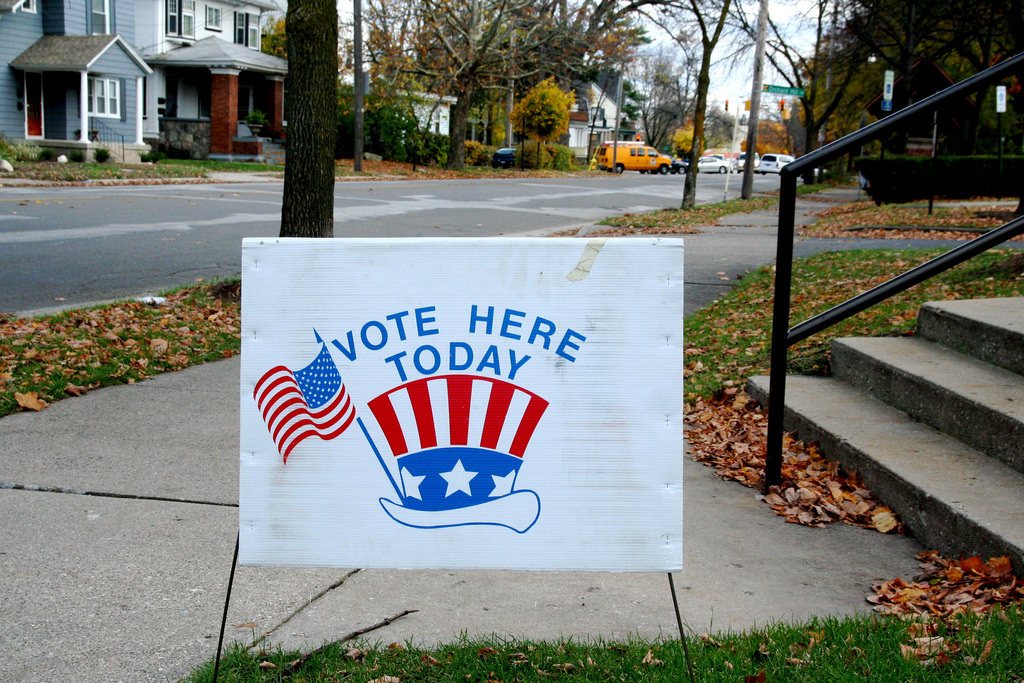
Virginia's Public Square
Virginia's Public Square

After missing volunteers, incorrect ballots, precincts with varying hours, and very long lines plagued Election Day in Chesterfield County, Virginia, one elections board member said the instances were tantamount to the “old Soviet Union.”
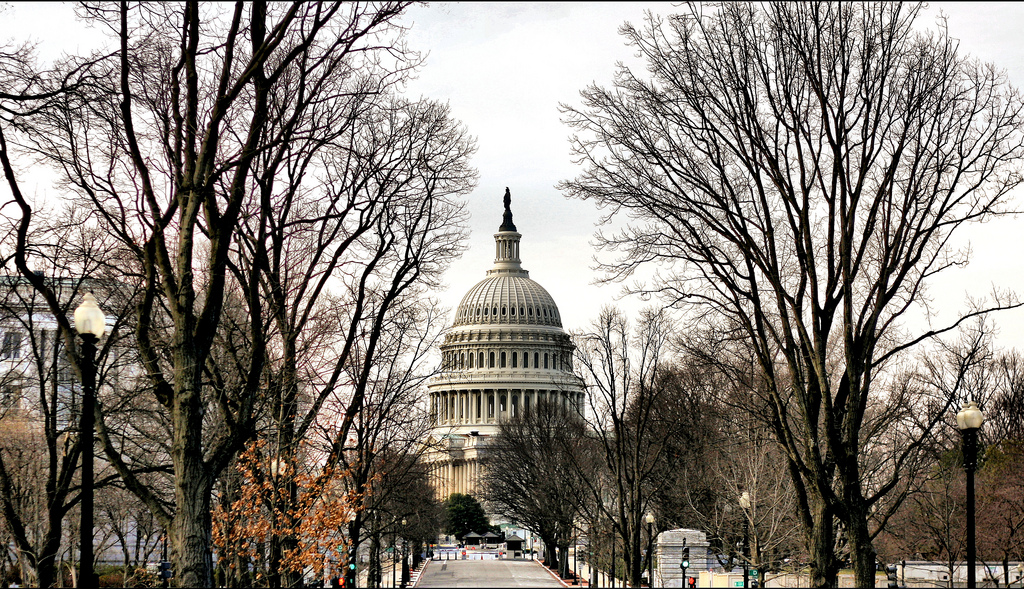
While the Senate is set to reconvene on December 27, what remains uncertain is the length of the government shutdown.
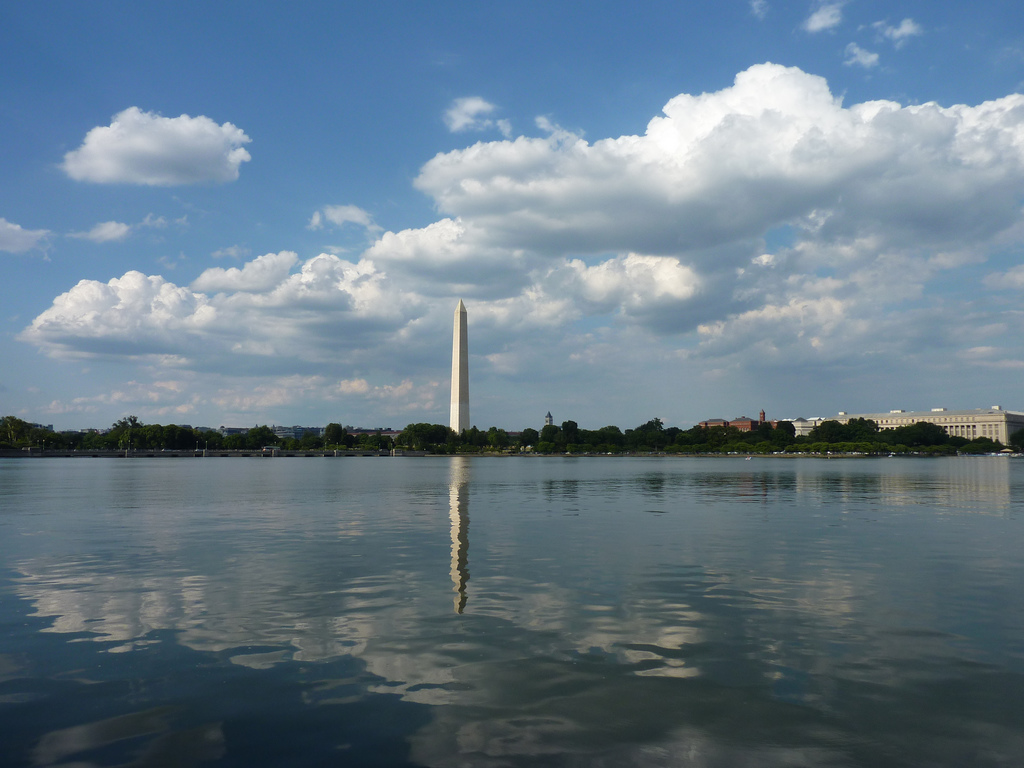
The Senate has adjourned without considering the $5.7 billion measure from the House that includes border wall funding, but will reconvene tomorrow at noon to deliberate.
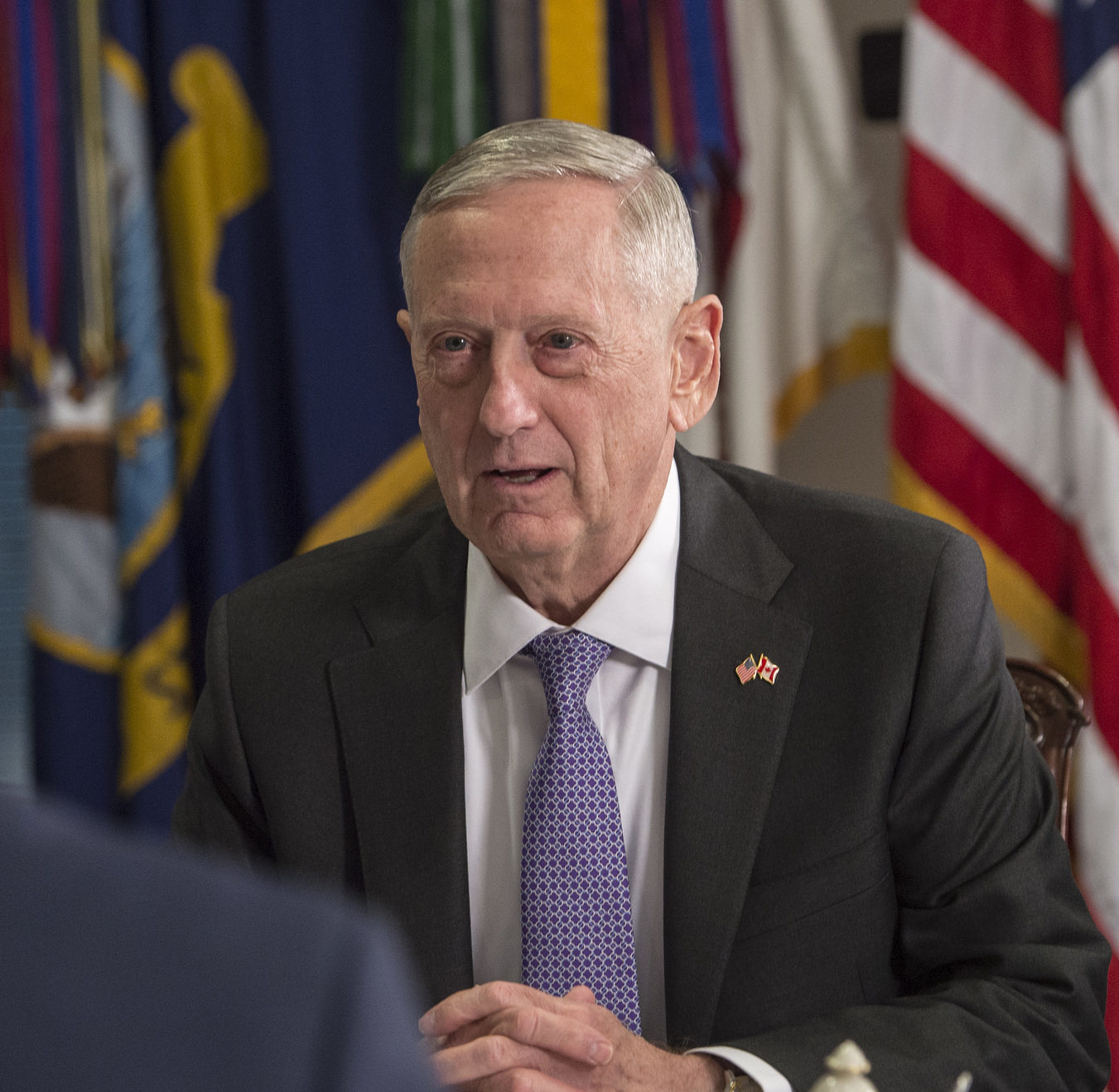
After a distinguished 44-year career in the military and arguments with President Trump over Syria, Defense Secretary Jim Mattis will leave the White House in early 2019.
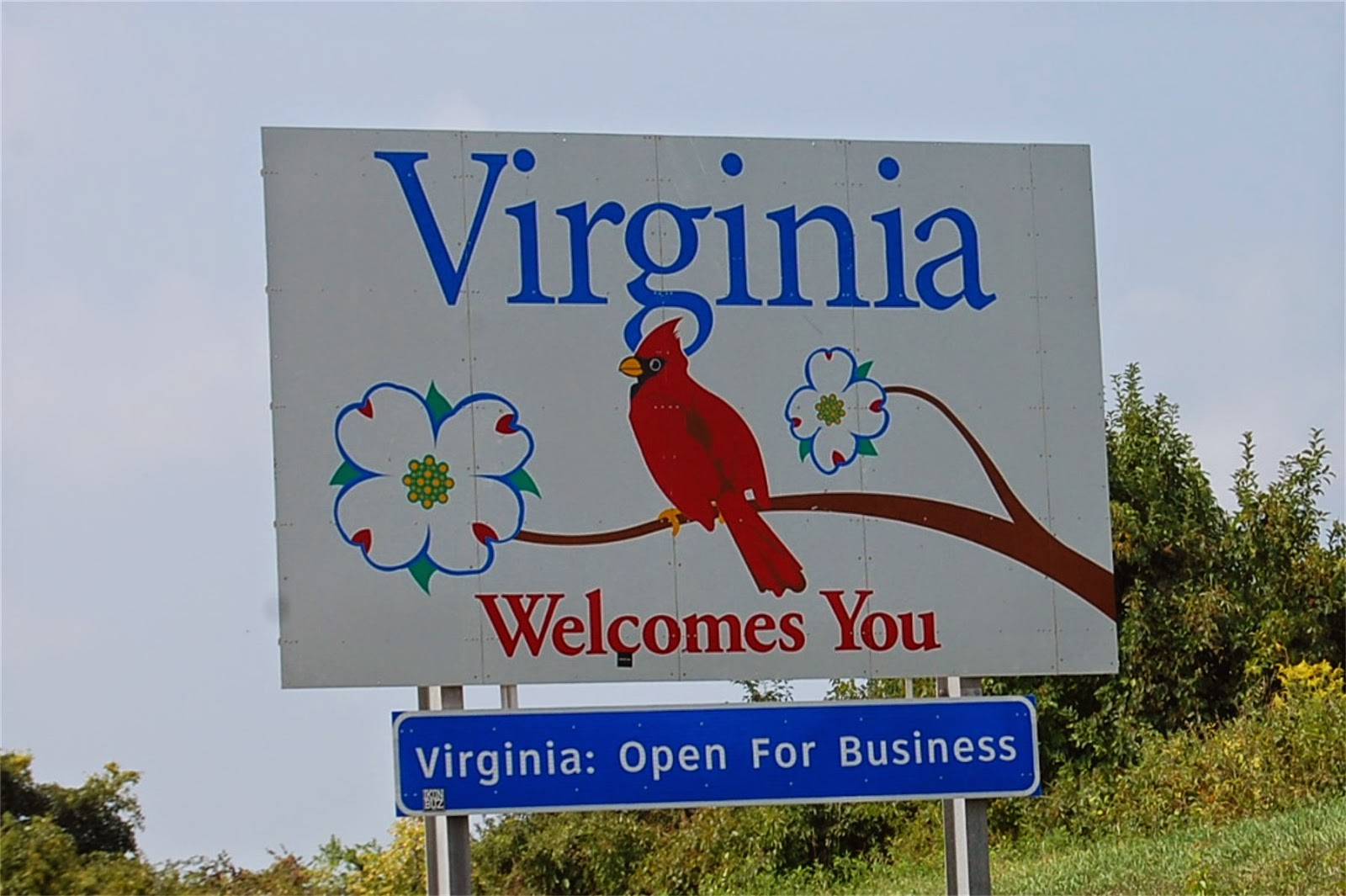
“One might survey the economic data and conclude that not only is Virginia back, but that it is back with a vengeance,” the report indicates.

The pre-Christmas government shutdown is looking a bit more likely after Speaker of the House Paul Ryan (WI-1) announced around 1:00 p.m. that President Donald Trump “will not sign” the funding measure to keep the government open over the lack of dedicated funding to the border wall. This afternoon, Trump met with House GOP leaders at the White House to discuss funding measures as money will run out tomorrow at midnight, but said he will refuse to accept a stop-gap measure, which has already passed the Senate.
On Twitter hours ago, President Trump said that when he “begrudgingly signed the [$1.3 trillion] Omnibus Bill” in late March, he “was promised the Wall and Border Security by leadership…It didn’t happen!”
The battle over the border wall was elevated during a raucous meeting in the Oval Office last week with Senate Minority Leader Chuck Schumer (D-NY) and House Minority Leader Nancy Pelosi (CA-12). President Trump reiterated to the two congressional leaders his request for $5 billion in funding for national security interests, namely the construction of the long-awaited campaign promise of a wall along the U.S.-Mexico border.
After waning on his position to shut down the federal government this week, Trump faced criticism from conservative lawmakers in Washington who warned of the potential backlash from the Republican voting base if he does not deliver on one of his most-touted agenda items.
Currently, some of the only evidence of parts of Trump’s barrier is what the Department of Homeland Security (DHS) calls “120 miles of 30-foot-tall steel bollard fencing ‘in areas most needed by the Border Patrol,” which is reported to “be finished and under construction by the end of the current fiscal year,” according to a press release.
As the Democrats are set to regain the majority in the House in just over two weeks, it will be the last time Trump may have a chance to secure authorization for funding for the U.S.-Mexico border wall. If not, President Trump must win a second term in the White House and the incoming GOP minority must reclaim the lower chamber of Congress.
Regardless, White House Press Secretary Sarah Huckabee Sanders has explained that the Trump Administration is looking into other departments to carry out the work and alternative funding options. The $1.6 billion on the table for border security cannot be used for new wall construction, only for border fence improvements.
Since Speaker Ryan relayed to the President that the votes “aren’t there” in the GOP-controlled House, Trump has alluded to having the U.S. military build the wall, which could face significant pushback from the public and Congress.

Northam’s tax hike raises $1.2 billion from 600,000 middle class taxpayers who take the standard deduction. Here’s how.
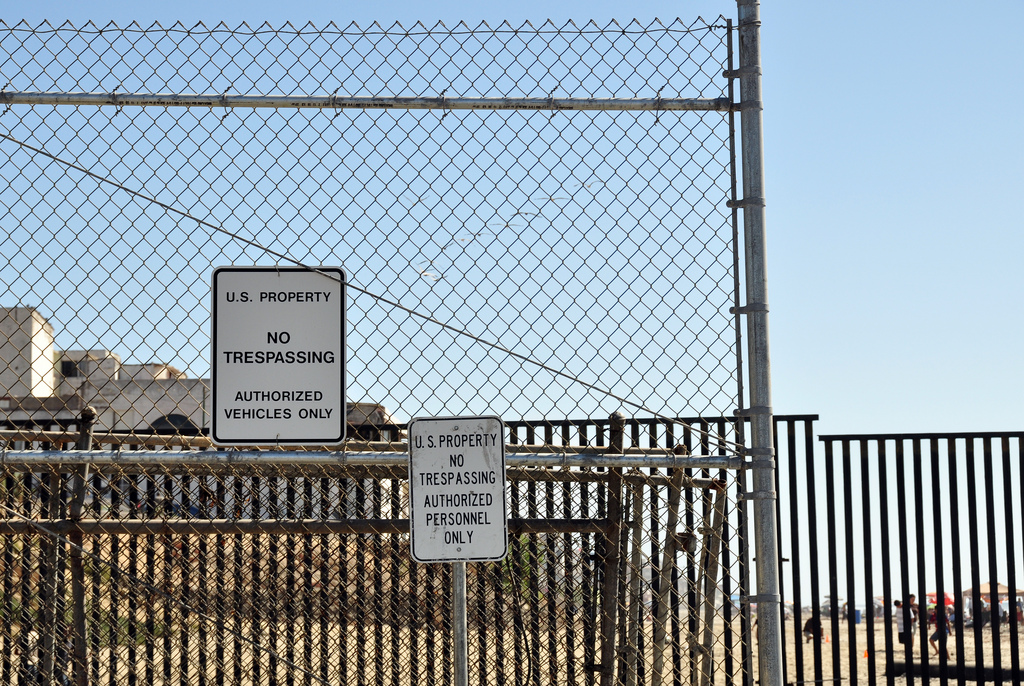
Democrats favored as much as 700 miles of new border fencing just five years ago, which is now considered blasphemy in the eyes of liberals.

Herring continues campaigning for governor despite his pledge, this time denouncing contributions he took for twelve years.
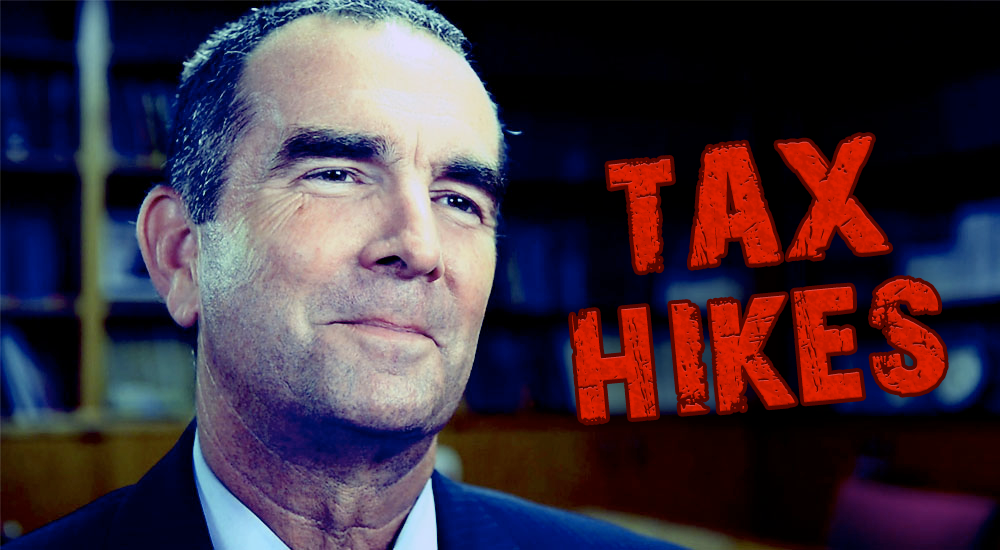
The $2.2 billion increase locks in $1.6 billion in recurring spending commitments, paid for by $1.2 billion in higher taxes on 600,000 middle class families. Republican leaders vowed to oppose it.